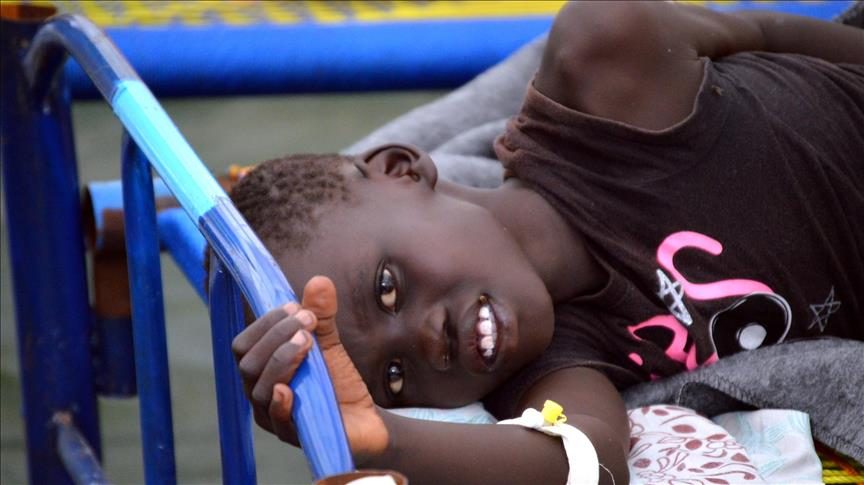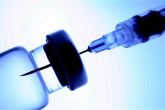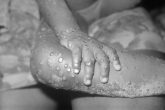
It comes as no surprise that the parts of the world with the most significant cholera outbreaks in the last 6 months include Yemen, Somalia and Northeast Nigeria – all areas experiencing unrest. In Yemen, where the worst outbreak is occurring, there are more than half a million people infected with over 2000 deaths. Nigeria has recorded more than 3200 cases and 77 deaths.

What cause cholera?
Cholera is a highly infectious disease that occurs commonly in places where there is a lack of clean drinking water, inadequate sanitation, and overcrowding. War, conflict, and famine aside from the disruption to daily life create these unsanitary conditions that foster the spread of cholera.
Cholera develops when you eat food or drink water contaminated with the bacteria Vibrio cholerae. Contamination occurs through the feces of someone who has the infection. It causes severe watery diarrhea, which can rapidly lead to significant dehydration and even death if not adequately treated.
You can get cholera by eating or drinking:
- Unclean water
- Ice made from unclean water
- Vegetables and fruit grown with water containing human feces
- Raw or undercooked fish and seafood caught in waters contaminated with feces
- Foods and drinks sold by street vendors
How do you know whether you have cholera?
If you live in in a cholera-endemic region that has had recent outbreaks, it’s important to know the signs and symptoms. Most people who have cholera may have no symptoms or may develop mild to moderate diarrhea that is no different from that due to other causes of diarrhea such as typhoid fever.
However, 1 in 10 people with cholera will develop severe symptoms within a few days of infection. These symptoms include:
- Diarrhea – which starts suddenly and may quickly lead to dangerous fluid loss — up to 1 liter of body fluid per hour. Diarrhea due to cholera has a light, milky appearance that looks like water after washing rice in it (rice-water stool).
- Nausea and vomiting – Vomiting can last for several hours and occurs in the early stages of the infection.
- Dehydration – can develop within hours due to loss of body fluids from diarrhea. Dehydration may be mild, moderate or severe depending on the amount of fluid loss. Signs and symptoms of dehydration include irritability, feeling sleepy, a dry mouth, and extreme thirst, sunken eyes, little or no urine output, kidney failure, low blood pressure, and an irregular heartbeat.
Children with dehydration may have dry and shriveled skin that’s slow to bounce back when pinched into a fold, and in infants the soft spot on the top of the head is sunken.
How is cholera treated?
The single most effective treatment for cholera is the replacement of the fluid and salts lost through diarrhea. With quick fluid replacement, less than 1% of patients die. Fluid replacement steps include:
- Oral rehydration salts (ORS), a prepackaged mixture of sugar and salts. You mix it with clean drinking or boiled water and drink large quantities to replace lost fluids.
- Severe cases also need intravenous fluid replacement for rapid rehydration.
- Antibiotics reduce the severity of cholera and shorten the course, but are not as important as fluid replacement.
If you have no oral rehydration solution available, you can make it by combining 1 liter of bottled or boiled water with 6 level teaspoons of table sugar and 1/2 level teaspoon of table salt.

Protect your family from cholera
These simple steps can help protect you and your family from cholera:
- Drink only bottled, boiled, or chemically disinfected water.
- Wash your hands frequently with soap and clean water.
- If no water and soap are available, use an alcohol-based hand sanitizer.
- Wash your hands mainly before you eat or prepare food and after using the bathroom.
- Wash dishes, brush your teeth, wash and prepare food, or make ice with bottled, boiled, or chemically treated water.
- Eat fully cooked food only.
- Avoid raw and undercooked meats and seafood or unpeeled fruits and vegetables.
- To prevent contamination of water and food, dispose of feces in a sanitary manner.
If you develop severe diarrhea and vomiting in an area where cholera occurs, seek immediate medical attention.
Toju Chike-Obi, MD

